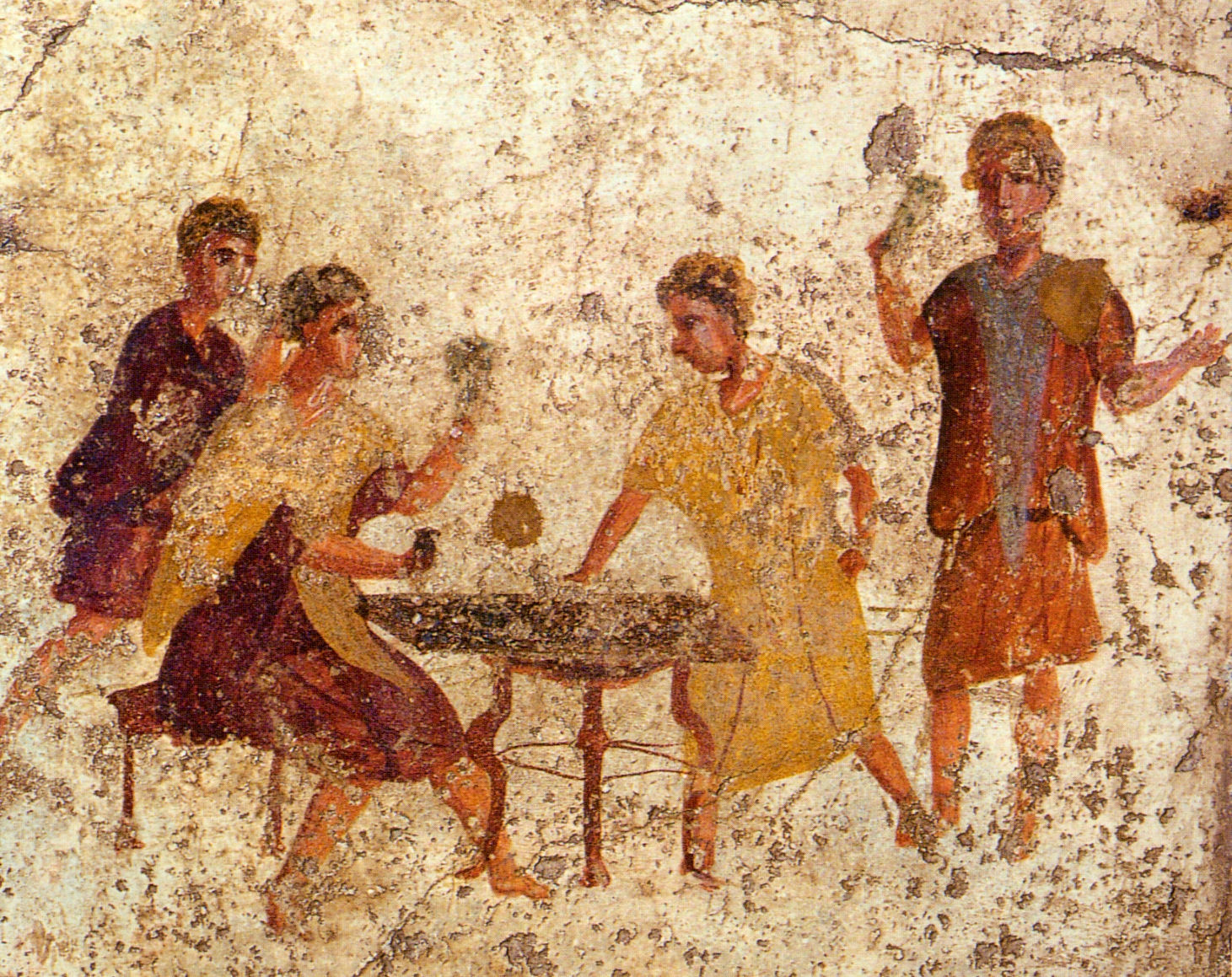 |
| Watercolour by John Orlando Parry, "A London Street Scene" 1835. Public Domain via Wikimedia. |
 The Power of Habit: Why We Do What We Do and How to Change by Charles Duhigg
The Power of Habit: Why We Do What We Do and How to Change by Charles DuhiggMy rating: 3 of 5 stars
This is an interesting work in that it helps to distil a good deal of scientific research into a practical and interesting guidebook. Habits are effortless ways to live, some good, some bad. But what is clear from the research is that habits consist of three elements:
- The Cue.
- The Routine.
- The Reward.
- Identify the routine.
- Experiment with rewards.
- Isolate the cue.
- Have a plan.
Duhigg not only looks at individuals, but discusses organisational habits. I would call these institutions (rules, routines, procedures), but Duhigg looks into various organisations such as Alcoholics Anonymous, and then broadens this to includes how Target uses statistical data to "target" advertising to customers. The discussion on Pepsodent toothpaste ans how the tingly feeling now associated with brushing one's teeth was a way to create a habit, to the point where if we do not experience the tingle from the toothpaste, we would consider our teeth not clean. What is equally interesting is the notion of suds forming when using cleaning products (including toothpaste). Some time back, we looked for soap alternatives that did not contain the foaming agent sodium lauryl ether sulfate (SLS). (I recall too how we learnt that not all vinegar products are created equal - if you use vinegar to clean your house in an environmentally-friendly manner, ensure you are using brewed vinegar, not the cheaper varieties which I understand are made from a petrochemical by-product.) Put simply, SLS is in almost every product we use because we have become habituated to the nation that cleaning products are not workings unless they foam up (yes, including your toothpaste). Duhigg doesn't mention this chemical but it now makes sense why so many products include this unnecessary chemical - it is to create habits that sell products. While this is quite depressing, Duhigg also mentions the social habits that kicked in during the Montgomery bus boycott in the 1960s, and Dr Martin Luther King Jr.'s use of such social habits to create a social movement. The book concludes with a discussion of free will, and in an appendix, Duhigg provides his procedure for changing his own habits. I find this work useful in combination with many others I have read, such as Change Anything, and almost any of the motivational work by Steven Pressfield. Putting the science behind the process makes for a more nuanced understanding of why we do the things we do. While at times I felt the work was overtly middle-class and mono-cultural, reading at times like a work written before the social decline in the US recognised in Robert Putnam's Bowling Alone, this shouldn't take away from the usefulness of recognising the processes of habits, and the ways to analyse these habits with an aim to changing oneself. As James Allen (1926) may have put it, it is only through self-examination and self-analysis that we can achieve self-purification. Duhigg provides a useful way to actualise such examination and analysis, and a starting point for action.
 Donate
Donate






